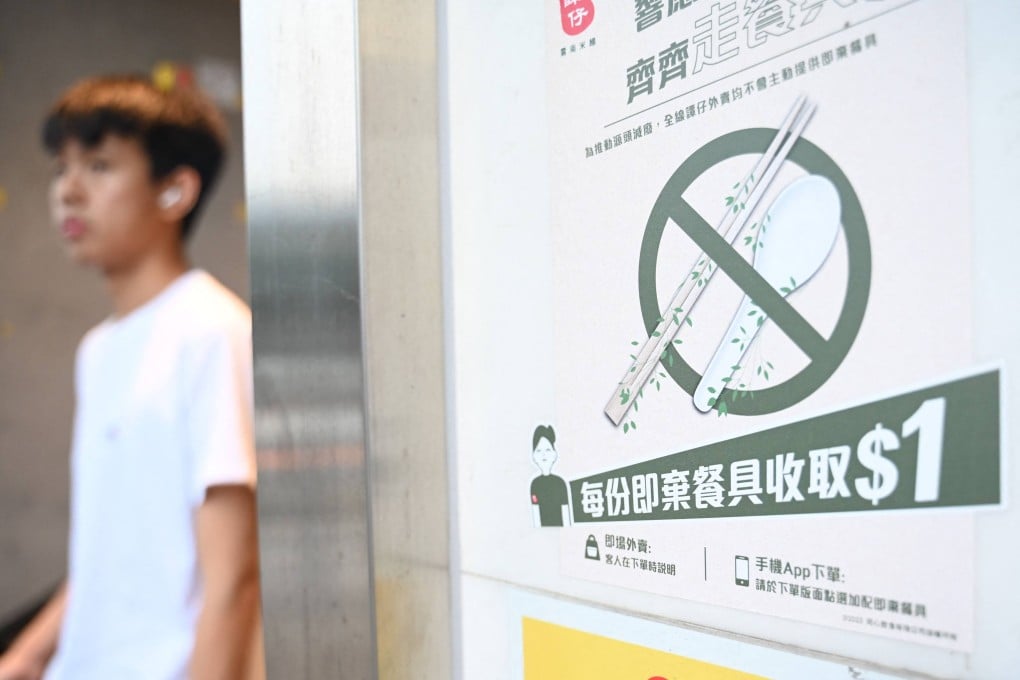Opinion | Action on plastic pollution shows us that another world is possible
- As Hong Kong phases in its plastics ban, more can be done such as developing reusable systems and regulating corporations to reduce packaging
- Fossil fuel and petrochemical interests are impeding progress on global plastics treaty talks but local solutions show we can put an end to the scourge of plastic

But the food for thought is – if small-sized single-use items with abundant reusable alternatives aren’t the first ones to be regulated, what else could it be? For generations, we have been spoiled by plastic usage due to businesses providing disposable plastic. Consequently, Hong Kong’s daily plastic disposal reached a staggering 2,369 tonnes per day in 2022, where disposable plastics ranked as the second largest part of the city’s municipal solid waste.
To address the root of the problem – “disposable culture”, every sector must help with reducing at source by facilitating reuse and phasing out single-use items. This necessitates the acknowledgement of social responsibility by all stakeholders, rather than solely relying on customers’ efforts.
A recent waste-charging trial conducted by Greenpeace involving 45 households revealed that nearly 50 per cent of their waste consisted of disposable takeaway items and product packaging. This finding indicates that citizens often have limited options and end up purchasing takeaways or products with excessive packaging.

